Privacy and security are two aspects of digital finance that have constant underlying concerns in the mind of the modern banking customer, and this concern is not unjustified; despite great technological advancements in many areas of finance, one of the most demanding areas is customer authentication and identity verification, a critical dimension of FinTech that cybercrime tends to lean towards. As financial services increasingly become easier, faster and more convenient on the customer’s end, so do the dynamic security and privacy requirements of platforms against data breaches on their backend.
Personal profiles and private information in digital finance is more vulnerable than it was when only purely traditional financial instructions existed, and this has led to innovative approaches in the customer authentication process, to know if the users accessing their bank accounts are indeed the account owners.
As such, modern biometric authentication systems that rely on dependable identity verification parameters like fingerprints and facial recognition are becoming more and more abundant across financial systems. It might sound like a complicated process for consumers, but part of its appeal is actually its simplicity; users only need to scan a biometric feature of theirs in order to access their accounts, a much simpler feat than remembering a complex password nowadays. The most common biometric authentication method for users is currently fingerprints, followed by facial recognition software. More emerging technologies include retinal scans and voice-activated verification, but so far financial institutions are still reluctant to employ that degree of complexity due to its ongoing developmental nature.
Biometric validations have been employed as far back in history as when ink was created, where some prisons used to take fingerprints of inmates for verification purposes. Forward to 2013, Apple has commercialized the integration of biometrics in smartphones and similar devices by introducing the fingerprint scanner on their iPhones. Today, institutions of various privacy levels use biometrics to ensure the protection of their customers’ assets and it has significantly increased their efficiency, seeing as customers firstly don’t need to remember their login details and that the identification process usually takes a few seconds to validate users.
So what can the world expect for biometrics in the FinTech industry in 2020?
There are many predictions and theories on the extensive potential of biometric use by financial experts around the world, and they all seem viable in one context or the other.
The digital market should see a rise in digital verification ‘as a service’, where innovative industry players are bound to emerge in a highly competitive environment, bringing their intuitive, credible and scalable verification solutions to enable a singular digital identity to consumers. This identity can be used across all industries that rely on biometric authentication, and users will find themselves in a very convenient position when it comes to securing their accounts, accessing their profiles and controlling their own identity. This surge in new biometric-based verification applications is expected to come from national governments, public entities and private commercial organizations that all have one thing in mind: protect user data while granting easy access and control of their assets.
Digital identity theft and fraudulent activities are also evolving, and this requires vigilance on the part of organizations as well as customers. Deepfakes are a rising artificial-intelligence-based trend that allow facial and vocal manipulation of people’s videos and images, leading to creating fake scenarios and conversations that never happened in the real world. It has become so advanced and realistic that it’s increasingly challenging to detect. This trend has seen rising concerns in verification methods that rely on live imagery or video from users, such as live selfies used to authenticate a person on the spot, which deepfakes has rendered unreliable in times of technological manipulation. Therefore, biometric validation and KYC (Know Your Customer) technologies are bound to take over as the most robust and reliable verification methods, as both organizations and the public become more and more aware of the threat of deepfakes.
Banks and financial institutions could be among the first organizations to widely adopt biometric verification in 2020 and beyond, being the gateways to extremely sensitive data and the cornerstones of finance as we know it. A lot of security and privacy concerns are removed with the proper implementation of biometric identification, and this includes benefits for all parties involved. New customers’ identities will be able to be verified easily and therefore onboarded hassle-free and with the greatest of ease; customers can withdraw cash from ATMs and bank branches using only their fingerprint; digital payments and transfers to online accounts will be at the swipe of a finger or at the scan of a face, and mobile banking apps will be as intuitive and accessible as a regular app.
In line with the popular two-factor authentication process that is utilized on many e-finance platforms today, there will be a surge in multi-faceted biometric verification methods, adding an extra protective biometric layer (or more) to an already complicated process for enhanced protection against fraud and theft. This will render the authentication process more effective, accurate and reliable on the long run, as cybercriminals will need to break through several advanced layers of security. This trend will pick up more as the biometric sector develops over time.
The age of digital has opened up many possibilities and has provided convenience and ease of use to otherwise tedious financial processes, but ultimately these possibilities and their potential are governed by the robustness, reliability and dependability of their underlying systems. Today, as sophisticated as this infrastructure is, it is our biological and subjective traits that guarantee the privacy and security of our data through biometric verification processes.
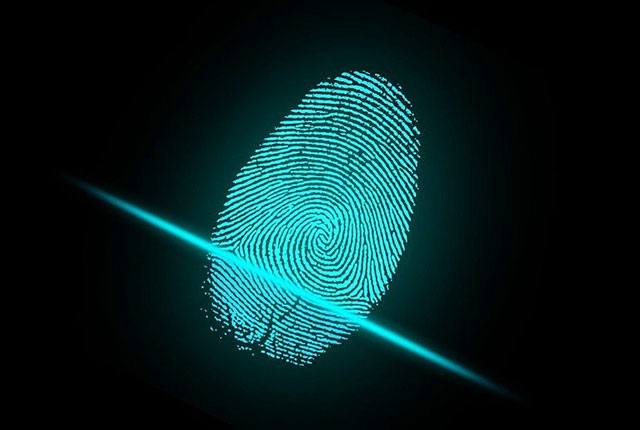






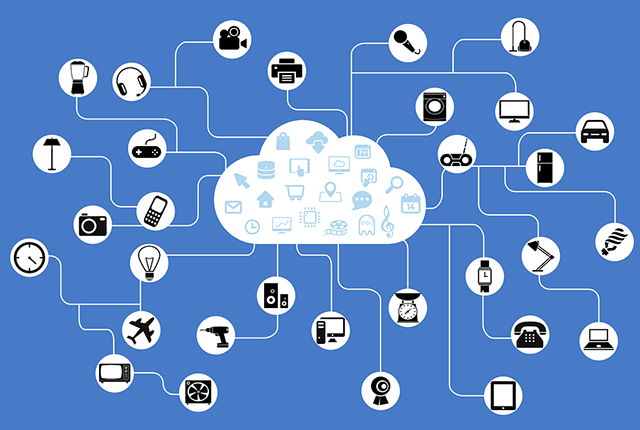




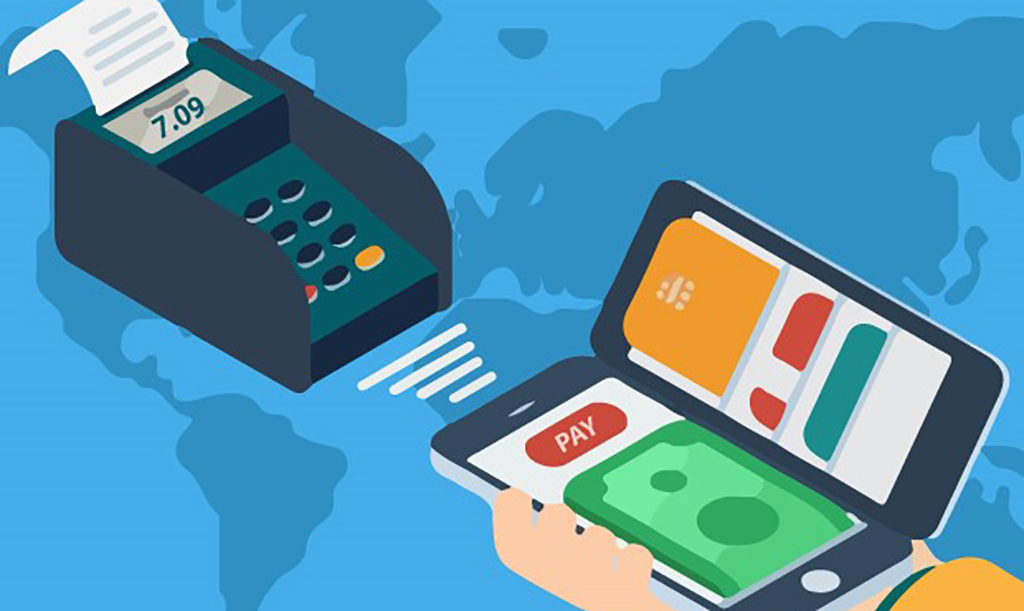

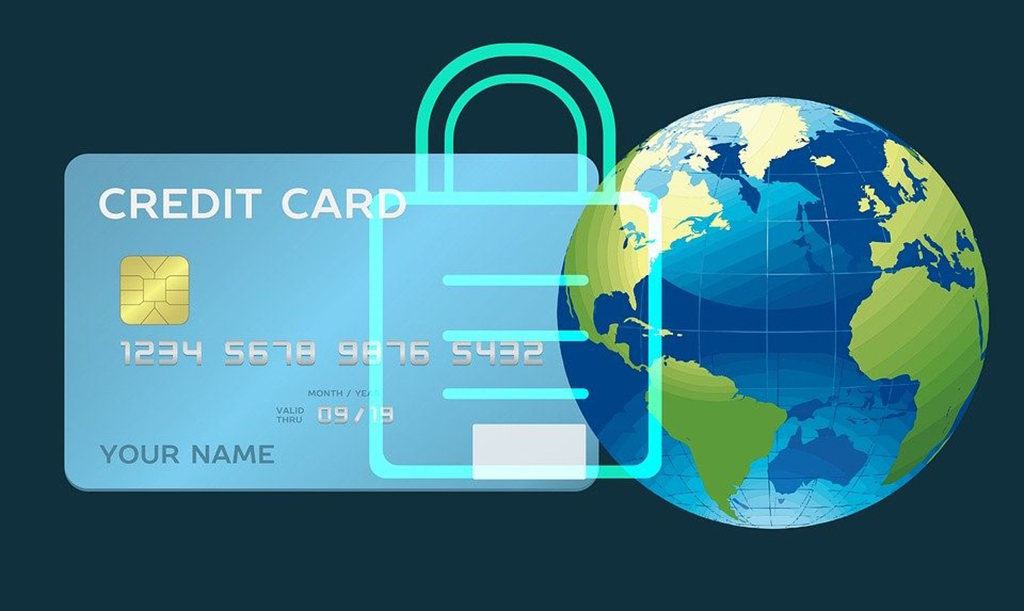






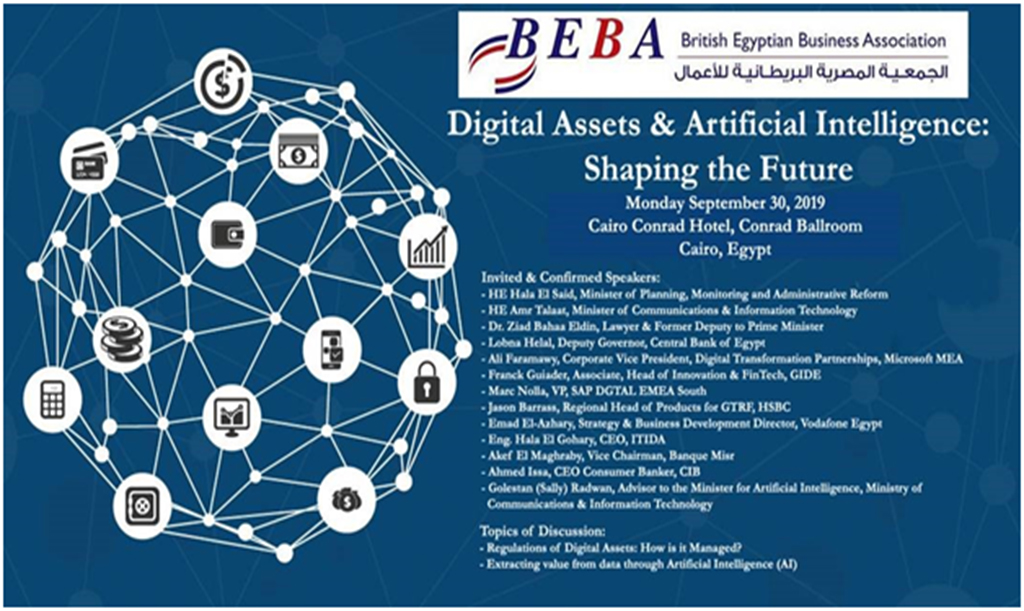

.jpg)
.jpg)
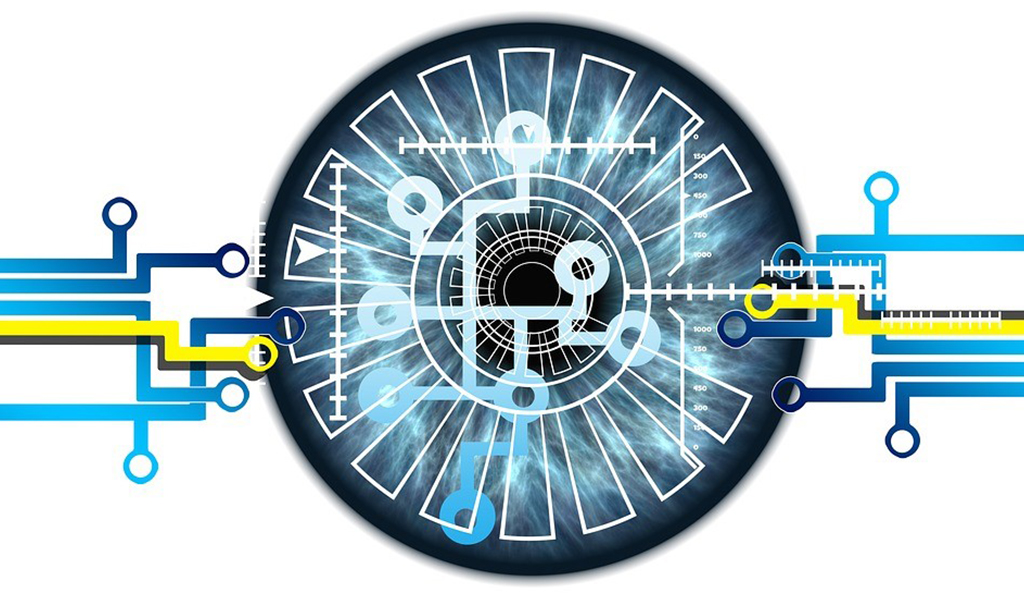


 0
0
 4k
4k 



Comments